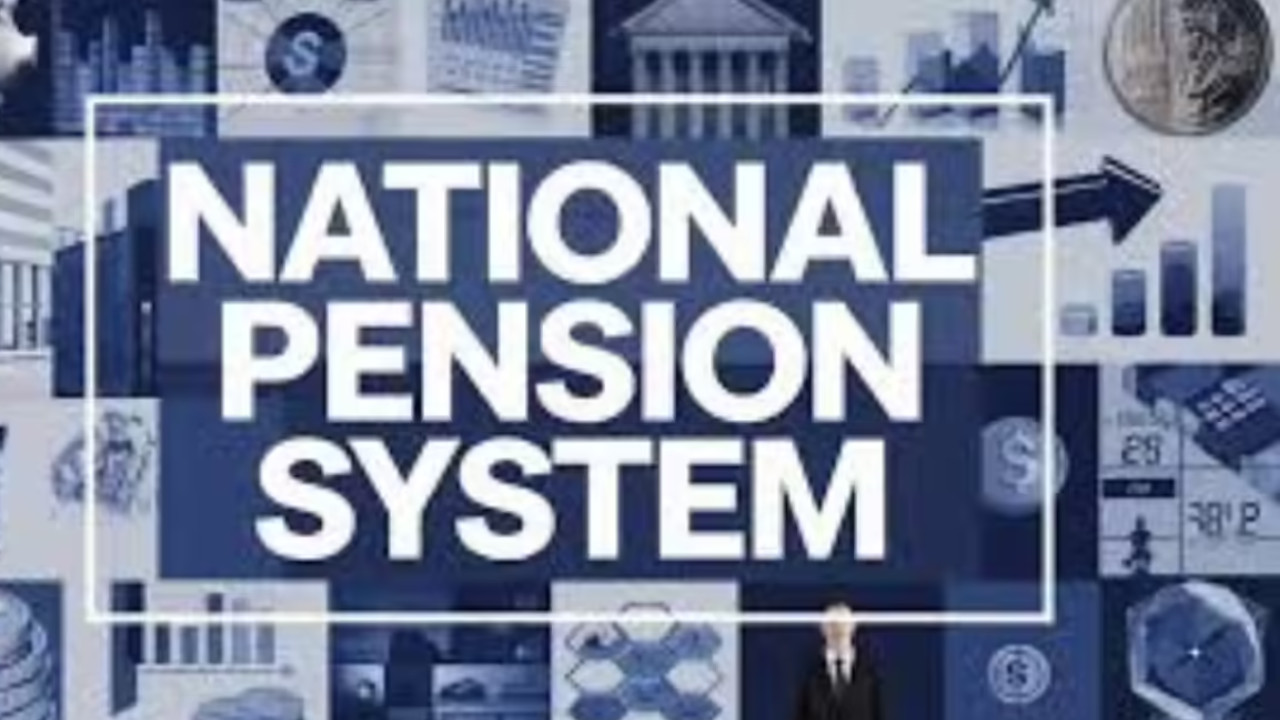How GST Tweaks are Giving India’s Alco-Bev Sector a Buzz
The clinking of glasses, the satisfying pop of a cork – these sounds are increasingly resonating across India. While a complex web of regulations has historically governed the country’s alcoholic beverage (alco-bev) market, recent shifts in the Goods and Services Tax (GST) framework are quietly reshaping the landscape, much to the industry’s delight.
Campari Group, a global giant in the spirits world, recently highlighted how the subtle, indirect effects of GST reforms are proving beneficial for the Indian alco-bev sector. These changes might not be making headlines with dramatic pronouncements, but they’re acting as a silent engine, streamlining operations and fostering a more predictable business environment. Let’s uncork the details and explore how these changes are playing out.
Smoothing the Supply Chain: The Unsung Hero of GST
Think about getting your favorite bottle of aperol or whiskey to a local store. Before the advent of GST, this process involved a labyrinth of state-level taxes, excise duties, and logistical hurdles. Each state operated almost as a separate kingdom, demanding its own compliance protocols and creating a fragmented market.
GST aimed to break down these barriers by creating a unified national tax system. While alcohol itself remains outside the full GST ambit, the ripple effects are significant. For instance, the smoother interstate movement of raw materials and packaging has significantly reduced transportation times and costs. This improved efficiency trickles down, impacting everything from production schedules to inventory management. It’s a behind-the-scenes revolution, but a crucial one for companies operating on a national scale.

Predictability is the Name of the Game
Business thrives on certainty. In the pre-GST era, the alco-bev industry often grappled with unpredictable tax levies and ambiguous regulations. This created an environment of uncertainty, making long-term planning a risky endeavor.
GST, while not perfect, has brought a degree of predictability to the tax system. By consolidating various indirect taxes into a single framework, it has reduced the scope for arbitrary tax demands and disputes. This newfound stability allows companies to invest with greater confidence, expand their operations, and introduce new products to the Indian market.
Why Not Full GST Inclusion? A Lingering Question
The million-dollar question, of course, is why alcohol hasn’t been fully brought under the GST umbrella. The answer lies in the significant revenue that states generate from excise duties on alcohol. These revenues are vital for funding various state-level welfare programs and infrastructure projects. Giving up this control would require a complex negotiation process and a significant overhaul of state finances.
Despite these challenges, the clamor for full GST inclusion continues to grow. Industry players argue that it would further streamline operations, reduce tax evasion, and create a level playing field for all participants. The debate is ongoing, but the potential benefits of full inclusion are undeniable.
The Road Ahead: A Toast to Continued Reform
The Indian alco-bev market is dynamic and evolving. The ongoing impact of GST, even in its current form, is proof that strategic reforms can have a positive impact on business growth. While the path to full GST inclusion may be long and winding, the industry is hoping for continued dialogue and incremental improvements. The subtle shifts we’re seeing now are laying the groundwork for a future where the Indian alco-bev sector can truly reach its full potential. The benefits of these GST changes are paving the way for the sector to compete globally, offering consumers more choice and value. As the industry matures, it’s a sure bet that we’ll continue to hear the delightful sounds of success ringing out across the nation. Check out this page to learn more about [the taxation of the alco-bev sector](internal-link-to-related-content).







